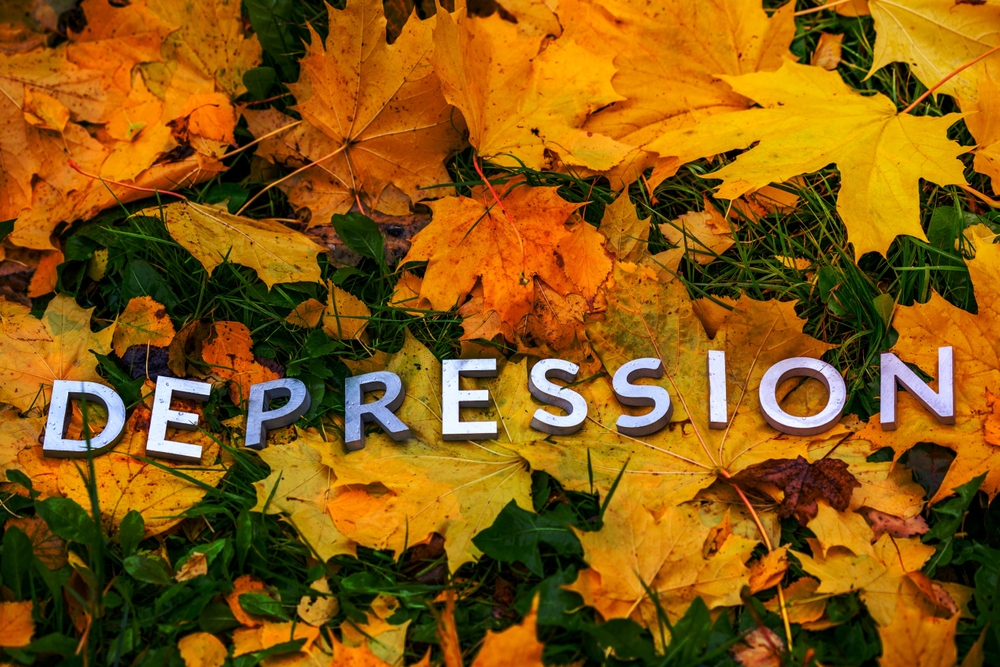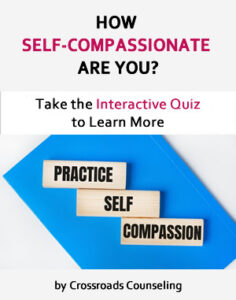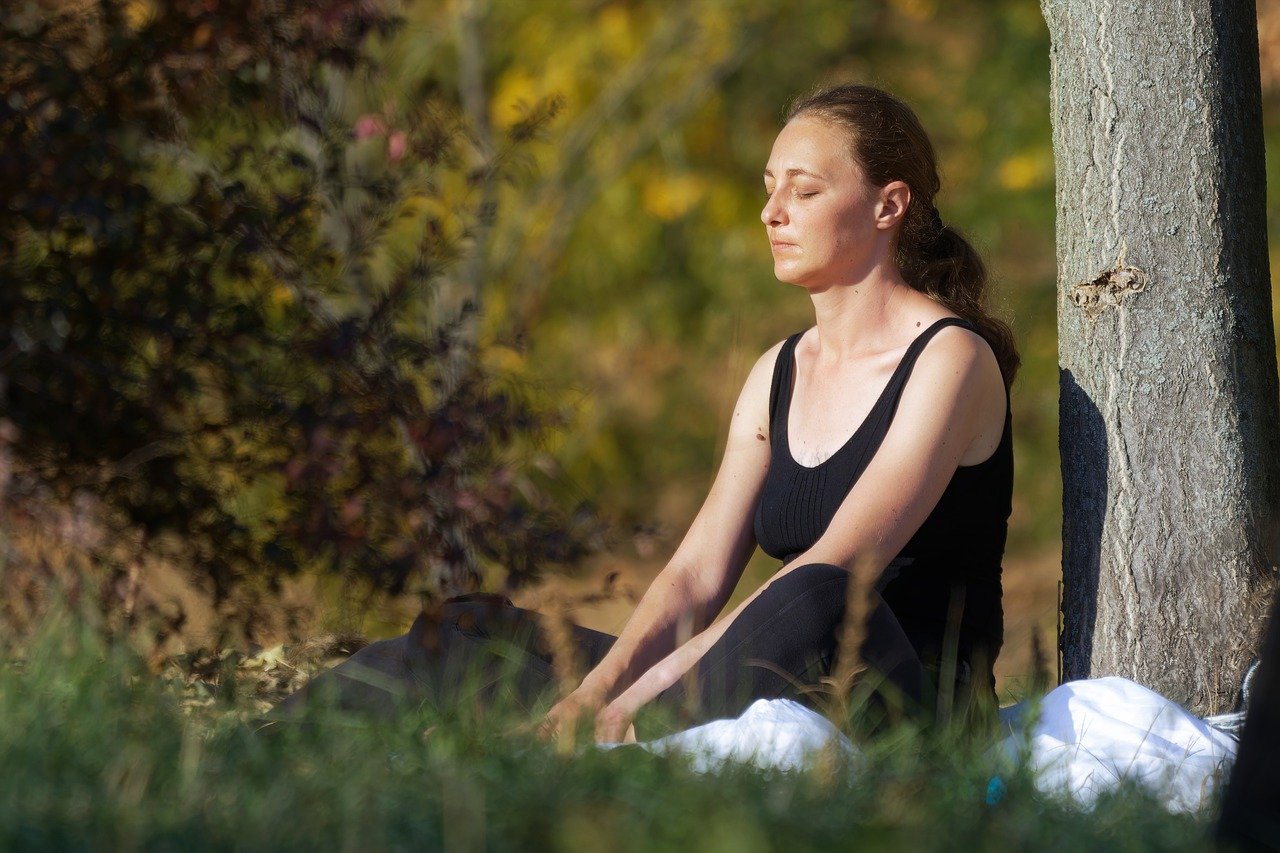Most people don’t necessarily think about seasonal depression in the spring and summer months. But, now is the time to make yourself aware of it, so you can be proactive.
Seasonal depression is a specific type of depression associated with the changing of seasons. Most people who experience it tend to struggle in the fall and winter months. Seasonal depression occurs around the same time each year and typically “goes away” when the weather warms up.
If that sounds familiar to you, or you know someone who tends to struggle with feelings of overwhelming sadness throughout the winter, it’s important to take a closer look at what could be causing it.
What Are the Signs of Seasonal Depression?
If you’re not necessarily prone to depression throughout the rest of the year, the signs of it impacting you during the fall and winter should stand out. Some of the most common symptoms associated with seasonal depression include:
- Fatigue
- Irritability
- Feeling hopeless
- Extreme sadness
- Social withdrawal
You might also experience changes in eating or sleeping habits. Part of that is likely due to the “shorter” days when it seems to get darker earlier. Your circadian rhythms can get thrown off thanks to the lack of sunlight, but depression is often associated with sleeping more.
However, some people also experience insomnia when dealing with seasonal depression. Unfortunately, that can create a vicious cycle. The less sleep you get, the worse your depression can become.
What Causes It?
The main cause of seasonal depression is thought to be the lack of sunlight and shorter days. The combination can create chemical changes within the brain. You might produce less serotonin — the chemical associated with happiness.
Melatonin production also tends to increase in the winter. Because the days are often darker, your body makes more of the sleep-inducing hormone, leading to more fatigue and a lack of motivation.
Anyone is susceptible to seasonal depression. However, some might be at a greater risk than others. If you have a personal history of depression, or even a family history, you could be more likely to feel a sense of sadness when the cooler seasons roll around.
What Can You Do to Combat It?
Even though seasonal depression doesn’t last all year, it can be difficult to live with even for a few months. Thankfully, there are things you can do to fight back against it and find peace and happiness, even in the fall and winter.
First, get as much sunlight as possible. It’s likely not dark and dreary all day, every day. When the weather is nicer, spend some time outside. Even a few minutes of sunlight each day can make a difference in your mood.
If you’re really struggling, talk to your doctor about light therapy or using a light box for a few minutes every day. It mimics the effects of sunlight, and many people with seasonal depression rely on it to get through the day.
Additionally, try not to change too much about your routine or your life in the winter. It can be tempting to sleep more since the days are darker, but set a schedule for yourself. Establish a morning routine that motivates you to start the day, and a nighttime routine that gets you ready to sleep.
Finally, don’t isolate yourself. Withdrawal from social activities is a common symptom of seasonal depression. But, being alone with your thoughts often makes things worse. Spend time with people you love, doing things you enjoy.
By actively fighting back against the effects of seasonal depression, you’ll have an easier time managing your symptoms. However, if you’re still struggling to work through them, don’t hesitate to reach out for professional help.
Start Treatment for Seasonal Depression in Scottsdale, Phoenix, and Arizona Online
You don’t have to struggle with the pain of seasonal depression. Our team of caring therapists would be honored to support you in taking the next step to address your depression symptoms. We have offices throughout the Valley of the Sun including Phoenix, Anthem, Scottsdale and online. Start your therapy journey with Crossroads Counseling, please follow these simple steps:
- Contact Crossroads Counseling for a complimentary 20-minute phone consult
- Meet with a depression therapist
- Start addressing the symptoms affecting you most
Our offices are located throughout the valley with counseling centers located in Phoenix, Anthem, and Scottsdale. Call us at 623-680-3486,text 623-688-5115, or email info@crossroadsfcc.com. We offer a complimentary 20-minute phone consultation to answer your questions and better understand how we can help you.








